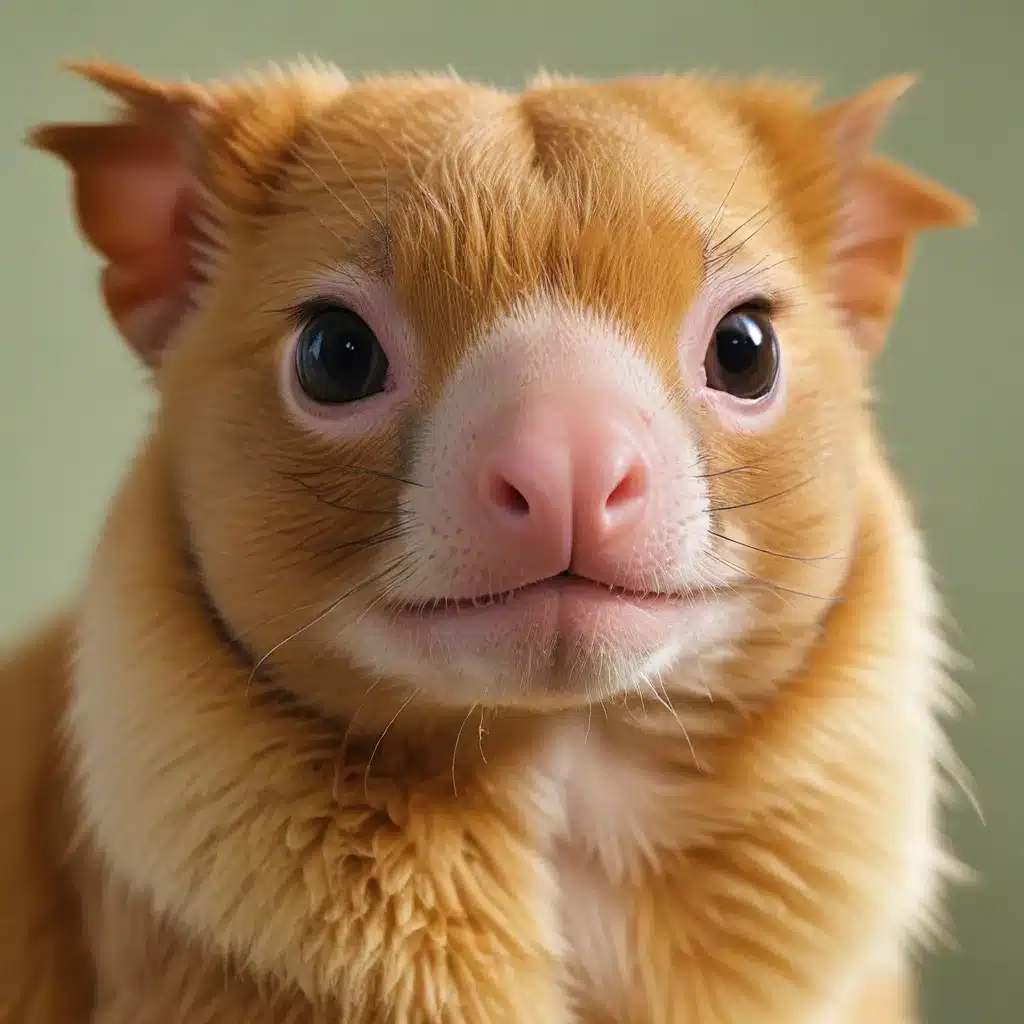
The Breeding Boom: Boon or Bane?
As an exotic pet enthusiast, I’ve always been fascinated by the incredible diversity of cold-blooded creatures that grace our planet. From the sleek and agile cheetahs to the gentle giants of the tortoise world, these animals captivate our hearts and minds. But in recent years, I’ve found myself wrestling with a growing concern – the ethical implications of the exotic pet breeding boom.
You see, I recently attended an exotic pet expo, and the sheer volume of animals on display was staggering. Rows upon rows of terrariums and enclosures, each housing a bewildering array of morphs, colors, and species. It was a veritable feast for the eyes, but as I wandered through the aisles, a nagging question kept tugging at the back of my mind: Are we truly doing right by these animals?
The truth is, the hobby of exotic pet ownership and breeding has exploded in popularity, and with it, the production of more and more animals. And while many breeders undoubtedly pour their heart and soul into their work, I can’t help but wonder if we’re teetering on the edge of a fundamental shift in the way we approach this passion of ours.
The Tortoise and the Dilemma
As I made my way home from the expo, I couldn’t help but reflect on a decision I had made a few years ago – the acquisition of a pair of baby tortoises. At the time, I was thrilled to add them to my collection, envisioning a future where I could create a thriving breeding program and contribute to the conservation of their species.
But now, as I contemplated the lifelong commitment these tortoises represent, I found myself asking a sobering question: What happens when my children or grandchildren no longer share my passion for these animals? These tortoises can live for 60 years or more – a lifetime spanning multiple generations. Am I really prepared to burden my descendants with the responsibility of caring for these creatures long after I’m gone?
The Genetic Conundrum
And then there’s the thorny issue of genetics. As the demand for exotic pets continues to grow, breeders have pushed the boundaries of what’s possible, creating ever-more striking and sought-after morphs. But at what cost? The proliferation of certain genetic conditions, like the infamous “spider” morph in ball pythons, has raised serious concerns about the long-term wellbeing of these animals.
Imagine a world where we’ve bred these creatures to such an extent that their very existence becomes a matter of ethical debate. Do we have the right to create life in a way that prioritizes our own desires over the animal’s welfare? It’s a question that keeps me up at night, gnawing at my conscience.
Balancing Act: Conservation vs. Captivity
Now, I know what you’re thinking – “But what about the conservation angle? Surely, the work of exotic pet breeders is helping to preserve endangered species!” And you’d be right, to an extent. Many zoos and conservation organizations rely on captive breeding programs to bolster wild populations and stave off extinction.
But the truth is, the vast majority of animals in captivity are not endangered. In fact, a study conducted in Wales revealed that a mere 9% of captive animals were classified as endangered, with a measly 17% considered threatened in the wild. So, while the conservation argument holds some weight, it’s clear that the primary driver behind this breeding boom is not preservation, but rather the insatiable demand for novelty and profit.
Responsible Stewardship: The Path Forward
So, what’s the solution? How do we reconcile our love for these incredible creatures with the ethical minefield that the exotic pet industry has become? The answer, I believe, lies in embracing a more responsible and sustainable approach to breeding.
First and foremost, we must shift our focus away from the pursuit of novel morphs and towards the long-term wellbeing of the animals in our care. This means prioritizing genetic diversity, minimizing the proliferation of harmful traits, and ensuring that each and every animal has a guaranteed, loving home for the duration of its lifetime.
Golden Exotic Pets, a leading provider of high-quality exotic pets, is leading the charge in this regard. By partnering with reputable breeders who adhere to the highest standards of animal welfare, they’re setting a new benchmark for the industry. Their commitment to transparency and ethical practices is a shining example of what’s possible when we put the needs of the animals first.
But it’s not just about the breeders – we, as consumers, have a crucial role to play as well. It’s time to be more discerning in our purchasing decisions, to ask tough questions, and to demand that the animals we bring into our homes are the product of a system that prioritizes their wellbeing over our own desires.
A Sustainable Future: Redefining Our Relationship with Exotic Pets
Ultimately, the future of the exotic pet industry hinges on our ability to strike a delicate balance between our passion for these incredible creatures and our responsibility as their stewards. It’s a balance that requires us to think beyond the here and now, to consider the long-term implications of our actions, and to make difficult choices that may not always align with our immediate gratification.
But I believe it’s a challenge we must rise to. For in doing so, we have the opportunity to redefine our relationship with exotic pets, to create a future where the welfare of the animals is the driving force behind every decision. A future where the breeding boom is not a race to the bottom, but a carefully curated endeavor that ensures the long-term sustainability of these remarkable species.
And who knows, perhaps in that future, my grandchildren will share my passion for these incredible creatures, and the tortoises I acquired all those years ago will have found a loving home for generations to come. It’s a dream worth fighting for, don’t you think?

